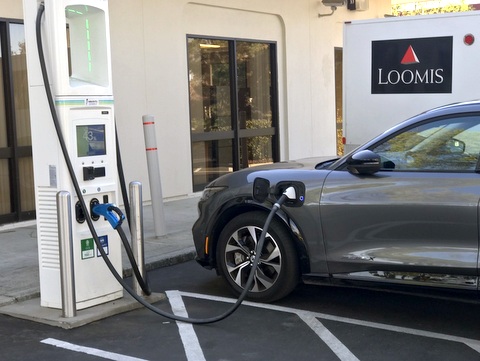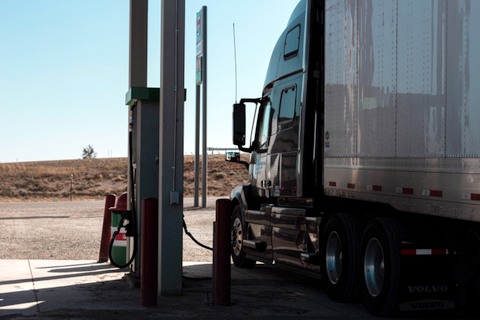This main article contains subordinate links.
Is moving to more electric cars (EVS) is good or bad for the economy in general? Richard T. , Boys, identifier
According to the S& P Global Mobility expectations, EV sales have increased dramatically over the past two decades so that it is expected to be about 50 percent of the vehicles on the road by 2040 electricly. Individuals who can withstand the initial cost of EV greatly reduces carbon fingerprint while enjoying an average of $ 2200 annually in saving fuel and maintenance. However, at the national level, experts discussed whether the increase in electrical benefit revenues, the creation of job opportunities and the low dependence on oil associated with EVS exceeds the costs of installing the shipping station and electrical network upgrades.

Only 50 percent of the American network’s electrical capacity is used to accommodate significant fluctuations during the peak demand. Ninety percent of the current EV charging in homes and workplaces occurs during peak hours, and therefore, the amount used does not meet the capacity yet. Two of California’s facilities, the Pacific and Electrical Gas (PG & E) and South California Edison (SCE) that EVS in their service areas contributed $ 806 million to revenue more than the costs associated with it, which led to a decrease in the prices of all customers. If the utility revenue remains higher than the cost of the facilities, then the EVS will reduce the rate that all price motors pay. On the contrary, if the use approaches the ability, the expensive network promotions will be needed up to 3 billion dollars throughout the United States.
Economic benefits go beyond the car
The MCKINSEY Future Mobility Center estimates that with the increase of EVS, the costs of devices, planning and installation will reach 1.2 million years and 28 million private shipping to more than 35 billion dollars. Despite expensive, charger facilities create job opportunities, and perhaps reduce unemployment. Moreover, a study conducted by the Massachusetts Institute of Technology found that shipping stations strengthened annual spending in nearby companies.

The biggest economic benefit to the transition to EVS is a decrease in dependence on oil. The United States relies on oil for 85 percent of transportation needs, and depends on foreign service providers to meet this request. Oil prices are involved in the majority of modern recession, including in 2022, and is directly related to consumer morale. Increased dependence on a diverse local electrical network will separate the United States from the most volatile countries, which positively affects the American economy.
Installing public charging devices and upgrading the electrical network will undoubtedly constitute a great cost to the United States, and it is expected to make the revenue of the utility company and the revenue of the benefit company and the accreditation of less than the oil deserves all this trouble. In the long run, the transition to EVS is expected to positively affect the economy. However, these estimates are based on a model in which the cost of EVS interest is lower than increasing revenues for electrical service providers. Time will determine whether this model is correct.
Sources: USC Economics Review, Usceconreview.com/2022/11/14/the-economic-consequenses-of-leectric-vehicles/; Science Daily, Scienceedaily.com/release/2024/09/240904141512.htm.
Earthtalk® is produced by Roddy Scheer & Doug Moss for 501 (C) 3 non -profit. See more in https://emagazine.com. To donate, please visit https://earthtalk.org. Send questions to: Quest@eagetalk.org.
The post is good or bad electric cars for the economy? He appeared for the first time on the report of the clean fleet.



